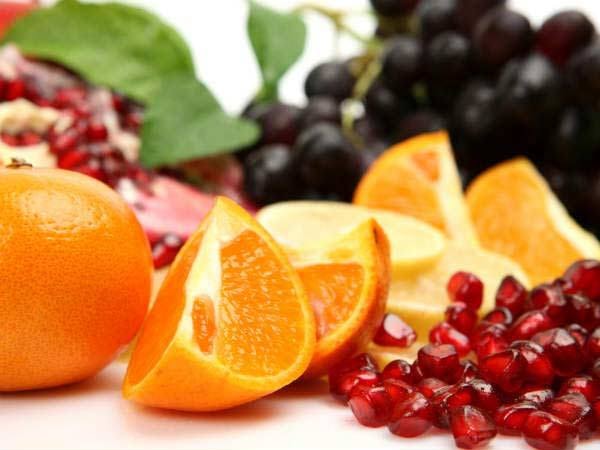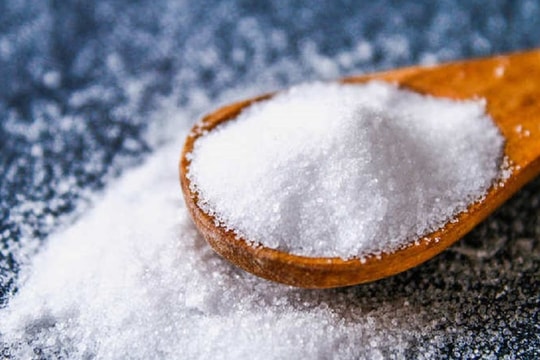Foods high in sodium
Sodium is a chemical that the body needs to maintain proper cell function. It helps maintain fluid balance in the body. Sodium is needed to transmit nerve impulses in the body. However, too much sodium can lead to kidney stones, kidney failure, cancer, dehydration, respiratory problems, weight gain, high blood pressure, and poor bone development.
The body uses sodium to control blood pressure and blood volume. The body needs sodium for muscles and nerves to function properly. Sodium aids in cell communication by transporting molecules in the body. Therefore, it is essential for cell function and is essential for human life. It helps absorb nutrients from the digestive tract. Reducing sodium intake can lead to many health problems. On average, a person should consume about 2,300 milligrams of sodium per day. Sodium is naturally found in foods such as milk, beets, celery, and water. There are also many other foods rich in sodium, such as:
Fruit
 |
Fruits are rich in antioxidants, vitamins, minerals and sodium that are beneficial to the body. Some other fruits that are high in sodium include olives, dried figs, watermelon, plums, grapes, bananas and pineapple.
Coconut milk
Coconut milk is made from grated coconut meat. Coconut milk contains fat, protein, carbohydrates, and sodium. It is one of the major sources of sodium needed by the body.
Seafood
Sodium is needed to maintain blood pressure and regulate blood volume. Seafood is the richest source of sodium. Some seafood high in sodium include cod, shrimp, crab, clams, octopus, lobster, and oysters.
Spice
Some spices like mustard, paprika, cloves, cumin, pepper, turmeric, curry powder and onion powder are also high in sodium. Include them in your daily meals to get the extra sodium your body needs.
Salt
Salt intake is directly related to sodium intake. Salt contains both sodium and chloride. Eating salt in moderation is beneficial to the body's psychological functions.
According to SKDS
| RELATED NEWS |
|---|





